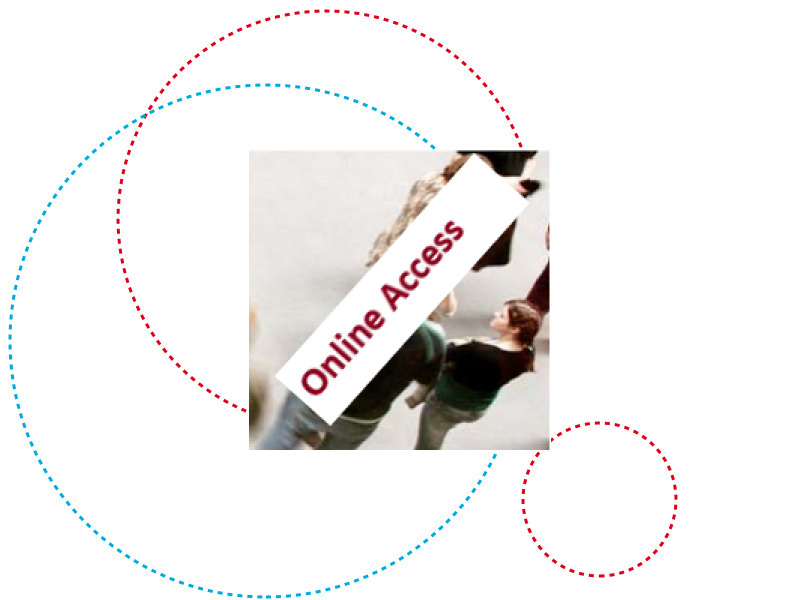Abstract
We study social learning from actions and outcomes. Agents learn about future returns through privately observed signals, others’ investment decisions and public experimentation outcomes when returns are realized. We characterize symmetric equilibria, and relate the extent of strategic delay of investments in equilibrium to the primitives of the information structure. Agents invest without delay in equilibrium when the most optimistic interim belief exceeds a threshold. Otherwise, delay in investments induces a learning feedback that may either raise or depress beliefs and investment choices. We show that, although ours is a strategic-experimentation game of pure informational externalities, private information may increase ex-ante welfare.
Nicolas Kleinhail from Beggen and have received his PhD from the University of Munich in 2010 under the supervision of Prof. Sven Rady. He was then a post-doc at Benny Moldovanu’s Institute for Microeconomics at the University of Bonn for two years before joining the economics department of the University of Montréal in 2012, first as an Assistant, then as an Associate Professor. His research interests are in the domain of microeconomic theory and pertain, more specifically, to dynamic incentive problems and strategic information acquisition. In particular, he is attempting to understand the impact of strategic interaction in dynamic problems of information acquisition and its effect on individual behaviours and the effectiveness of equilibrium situations.
